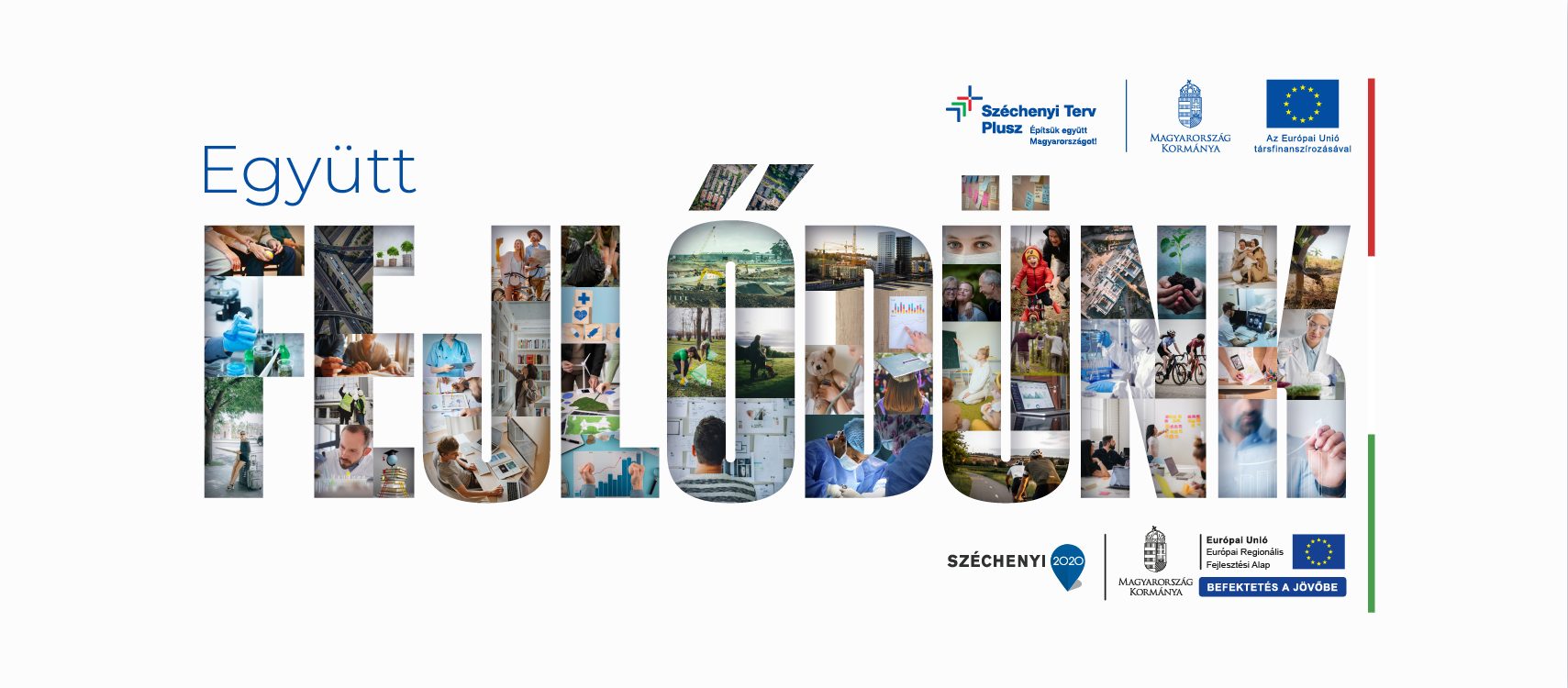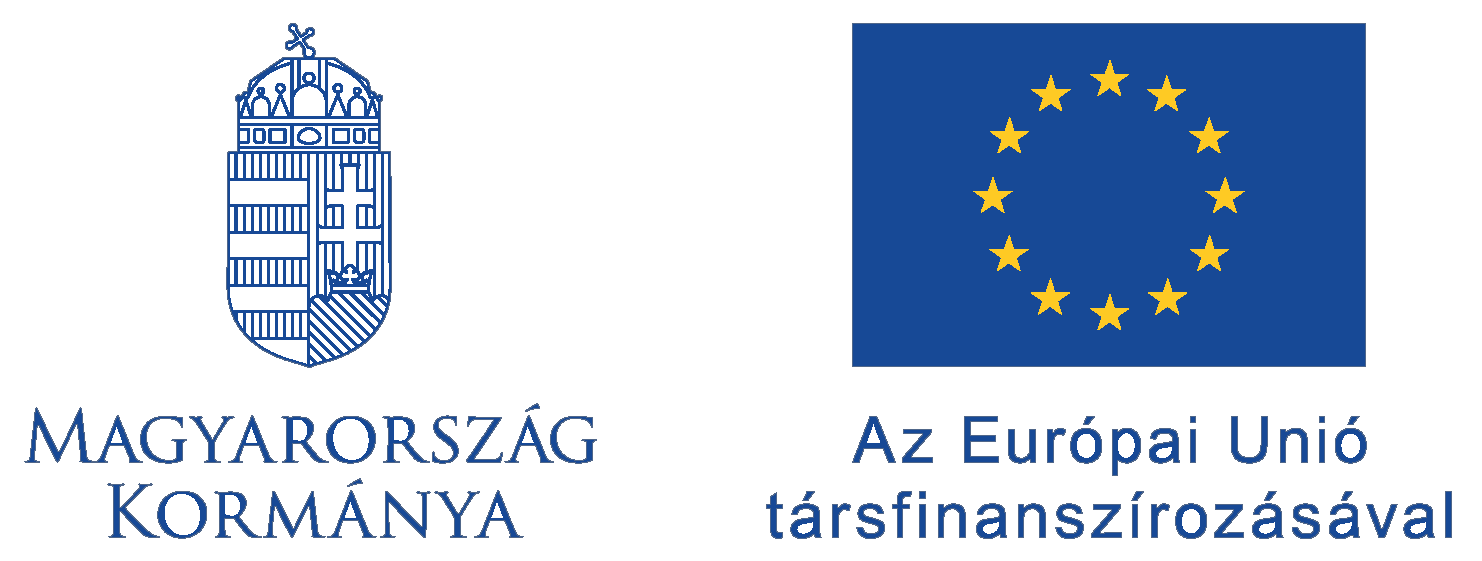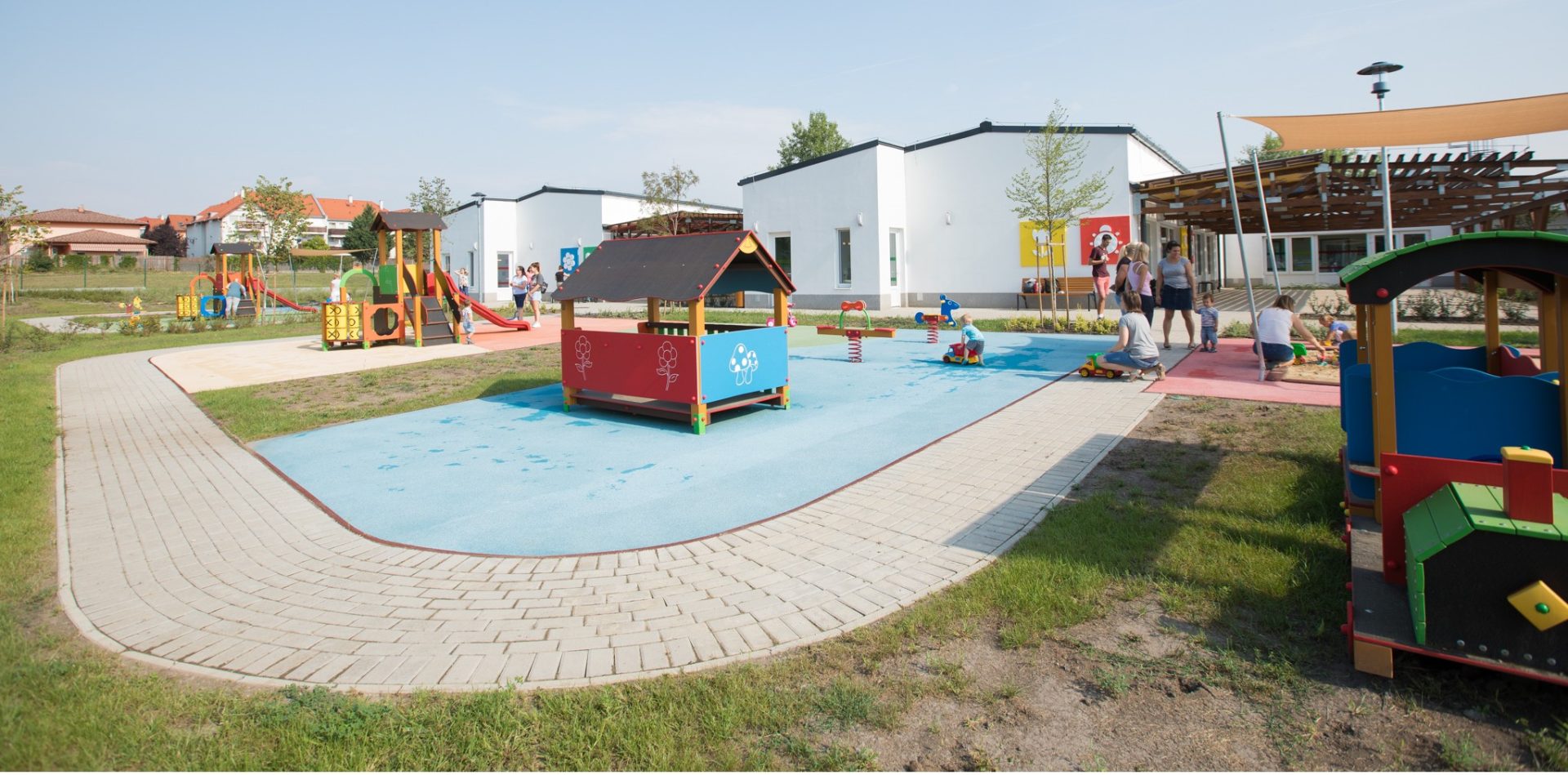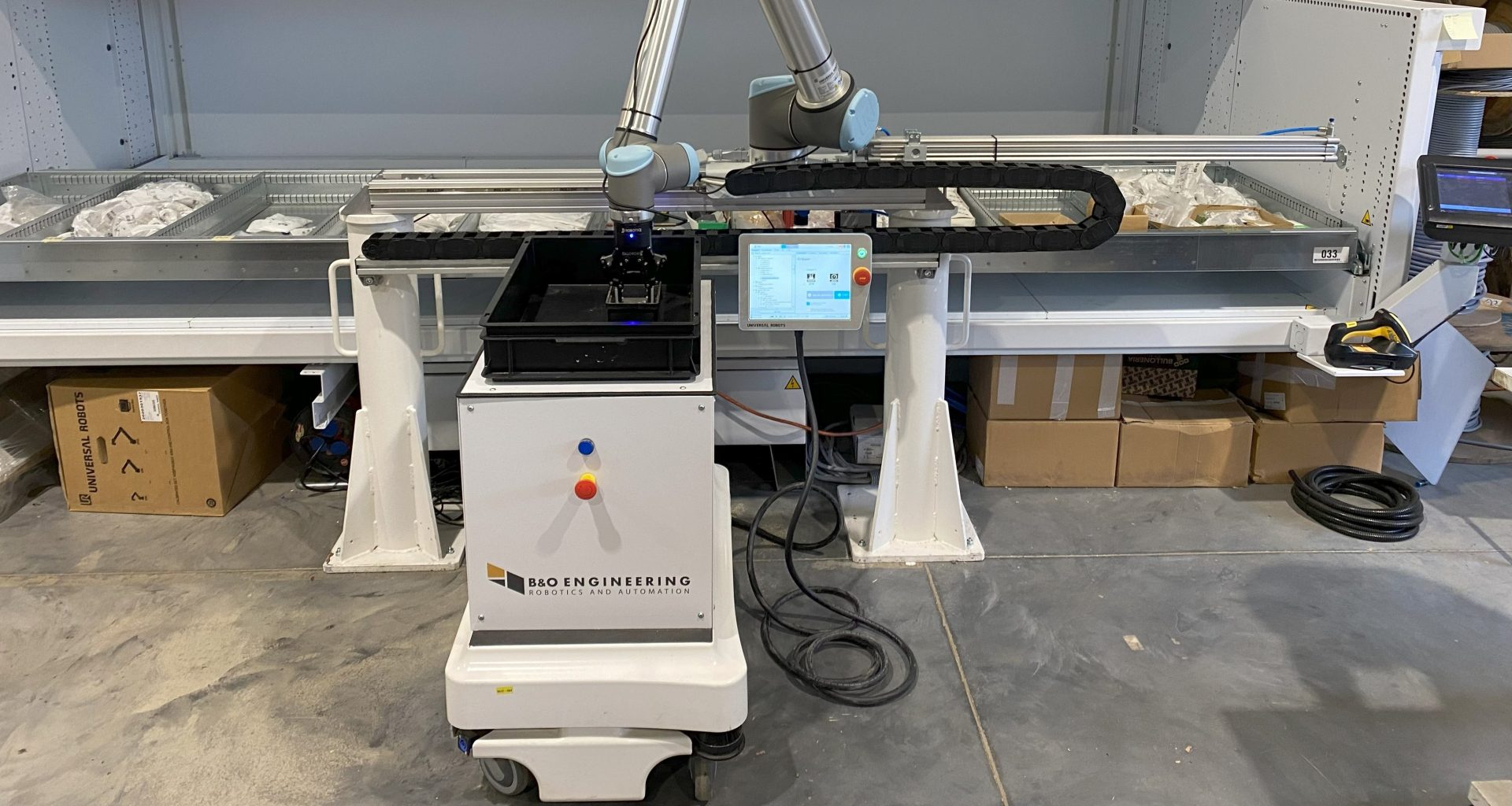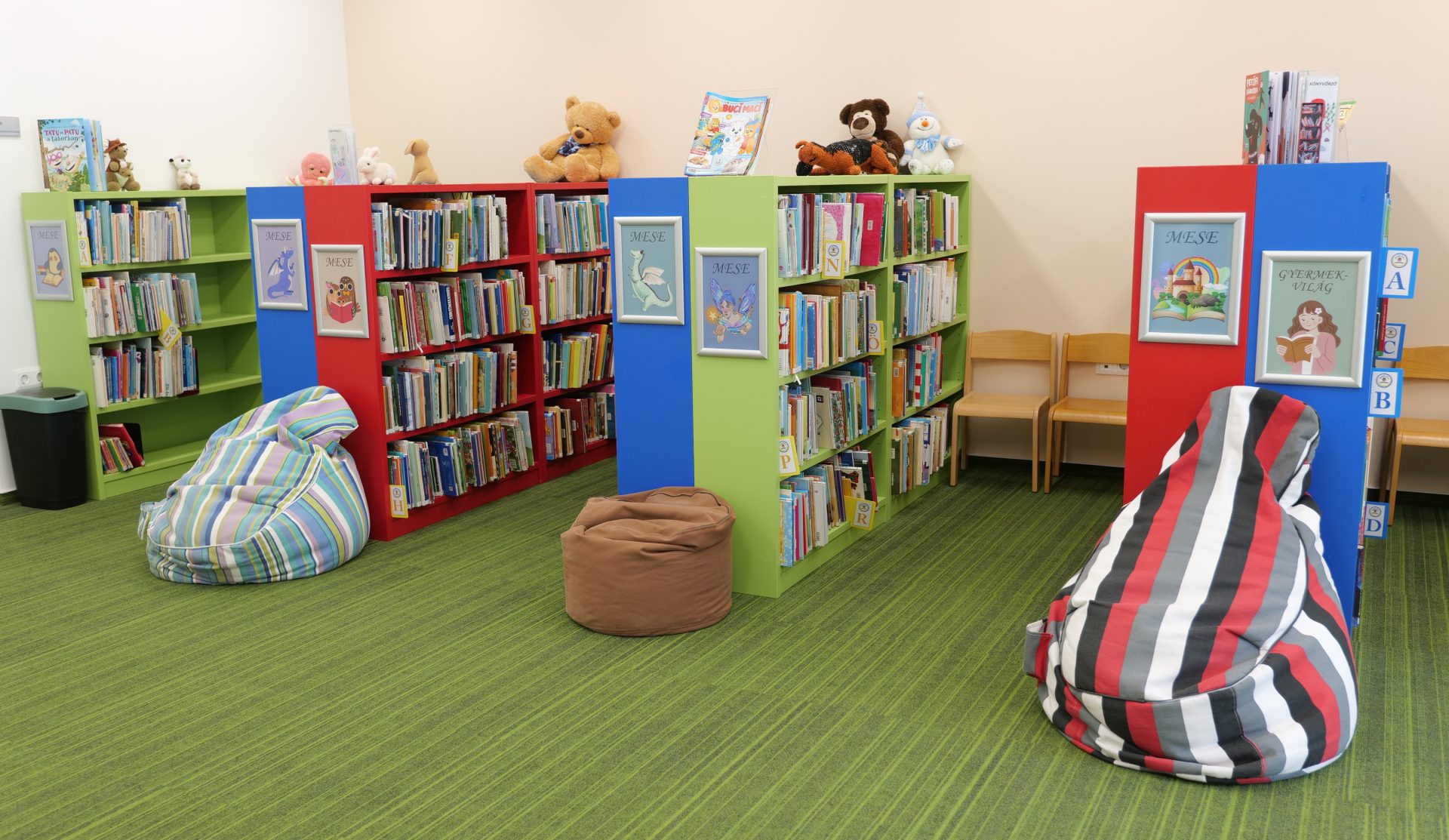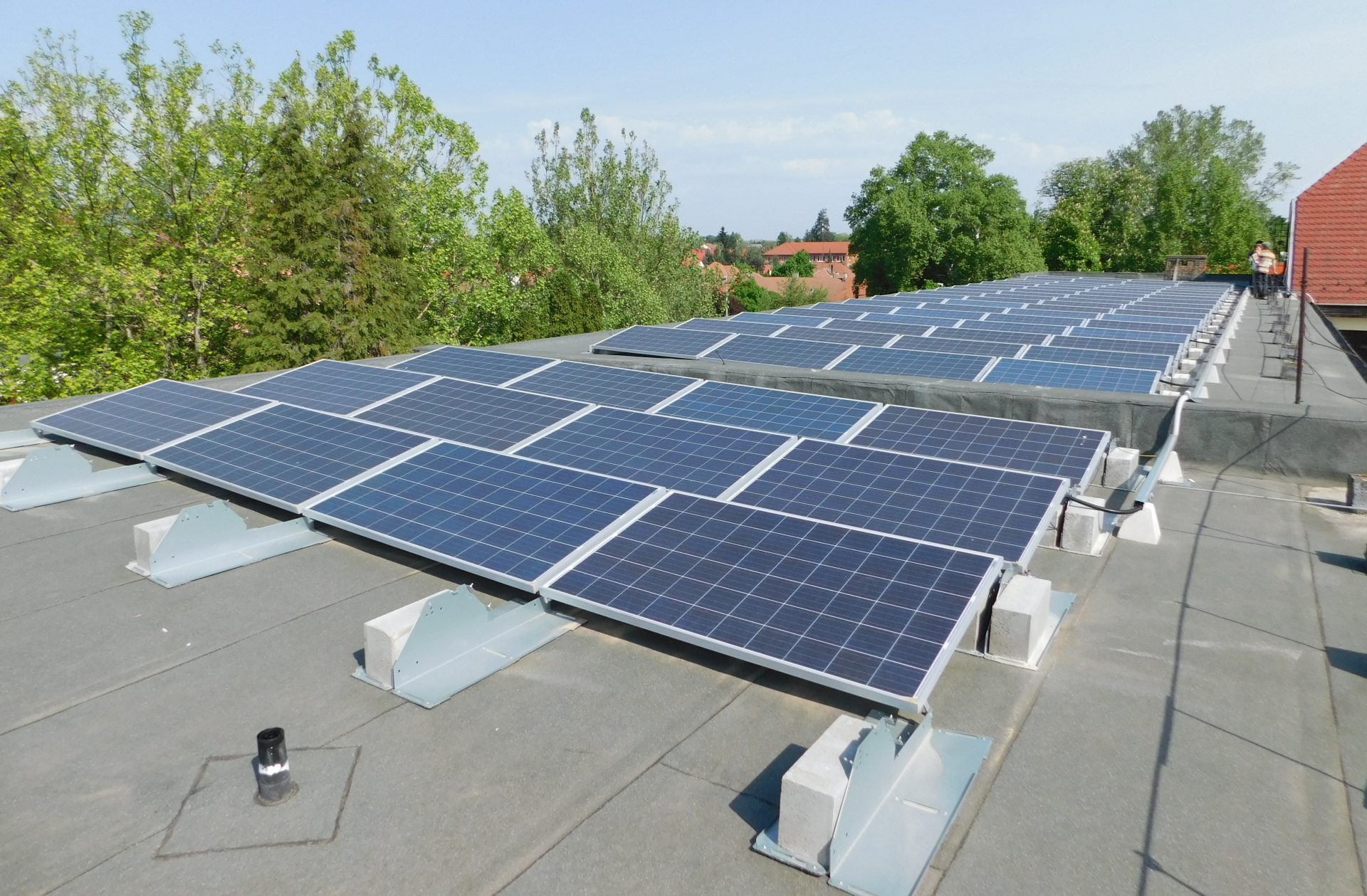The institution known as the Gandhi High School, Technical School, College, and Primary Art School in Pécs is the first Roma national minority institution in Hungary and Europe to offer a secondary school leaving certificate. Many of the student body arrives at this institution with considerable social disadvantages. Yet, nearly half of the students continue their studies in higher education after high school. That is hugely attributable to the alternative educational methods and personalized learning paths that the school has adopted. This endeavor has also received support from a European Union project implemented under the Human Resource Development Operational Programme.
The development supported disadvantaged students involved in obtaining a successful graduation exam, increased their motivation, and improved their chances of continuing their studies in higher education, acquiring marketable knowledge and higher-value vocational qualifications. The core activity involved mentoring the students. The program involved five educators, social workers, and social pedagogues, each mentoring five students primarily through individual mental health support and counseling sessions. They monitored the students’ personality development, kept track of their academic progress, and helped them develop their talents, all in partnership with the teachers, educators, and parents in the institution.
In addition, the program also organized monthly motivational group sessions, such as shared meals, city walks, hikes, and cultural programs. The shared experiences made people more motivated and interested in different things and helped to build relationships and a sense of community. Visiting families was part of the mentoring work. The visits had the undisguised goal, in addition to building trust, of convincing the parents that learning pays off and that despite the difficulties, it is worthwhile for their child to persevere and, breaking free from the disadvantaged situation, achieve the highest level of education commensurate with their abilities.
In parallel with the mentoring sessions, subject development sessions were also available to students. The classes and learning methodology sessions developing reading comprehension, mathematical skills, scientific competence, history and language knowledge were organized after assessing the students’ level of knowledge and abilities, in accordance with the completed individual development plans. These competency development sessions helped students to more easily acquire what they learned in class, achieve better results, and, on the other hand, supplemented the knowledge provided at school.
During the project, relationships were established with other educational institutions. Professional discussions and meetings facilitated the exchange of good practices and innovative pedagogical methods. Networking also involved joint activities with students from the schools. To encourage students to pursue higher degrees, the initiative concentrated on career guidance, familiarisation with higher education institutions, and engagement in open days.
As a result of the program, the young people became increasingly confident, their self-awareness grew, their individual and social competencies developed, and they received help to complete their school assignments, study with focus, and purposefully build their plans.
The following short film provides a detailed overview of the school’s operations and achievements:
The development was implemented from EU funding in the project EFOP-3.1.10-17-2017-00005 under the Human Resource Development Operational Programme.
Find out more about the project in the Project Finder:Details
